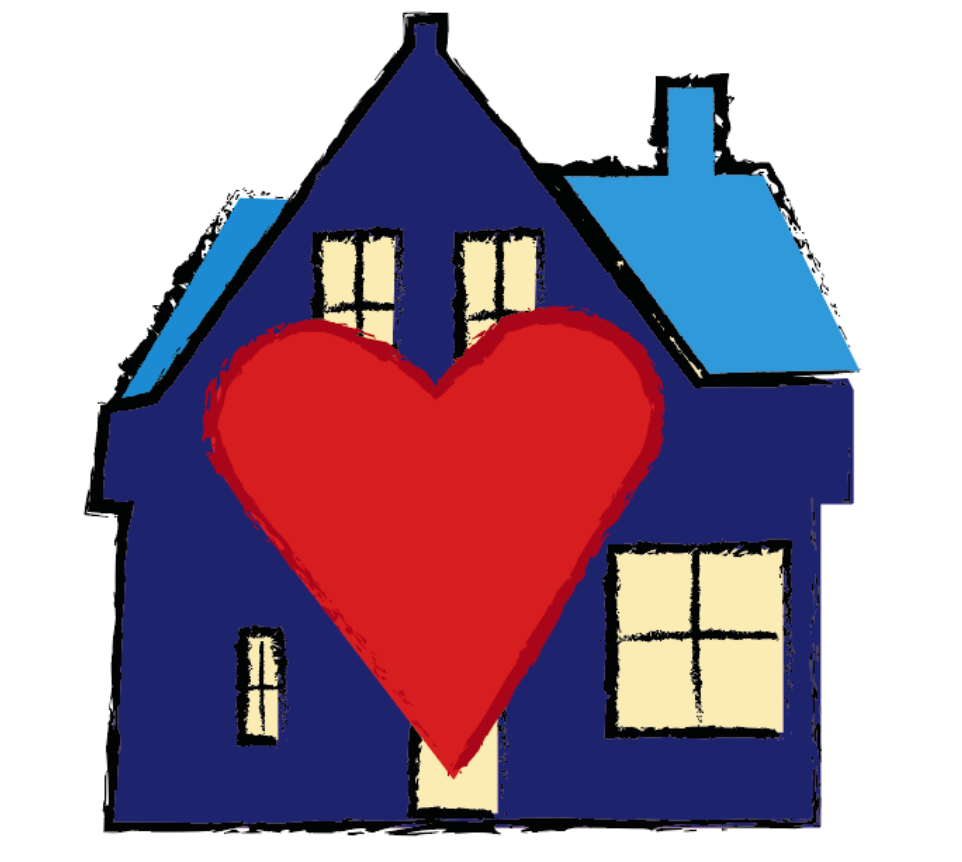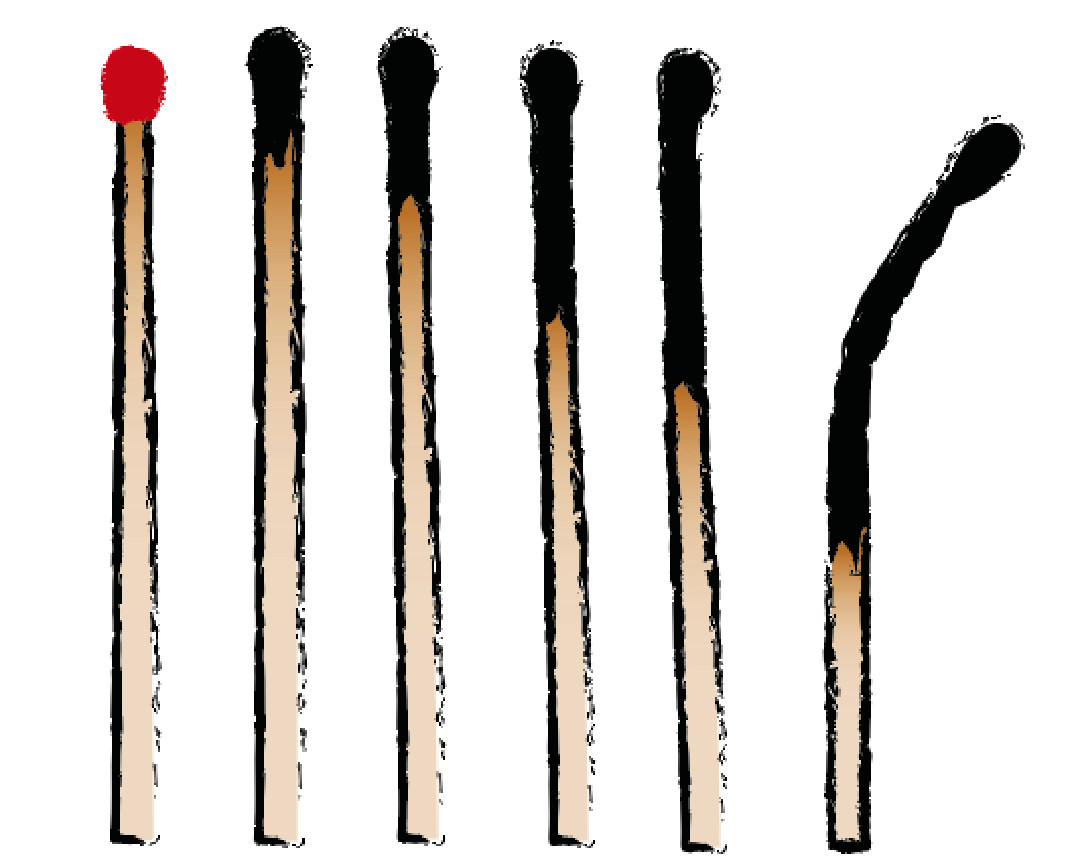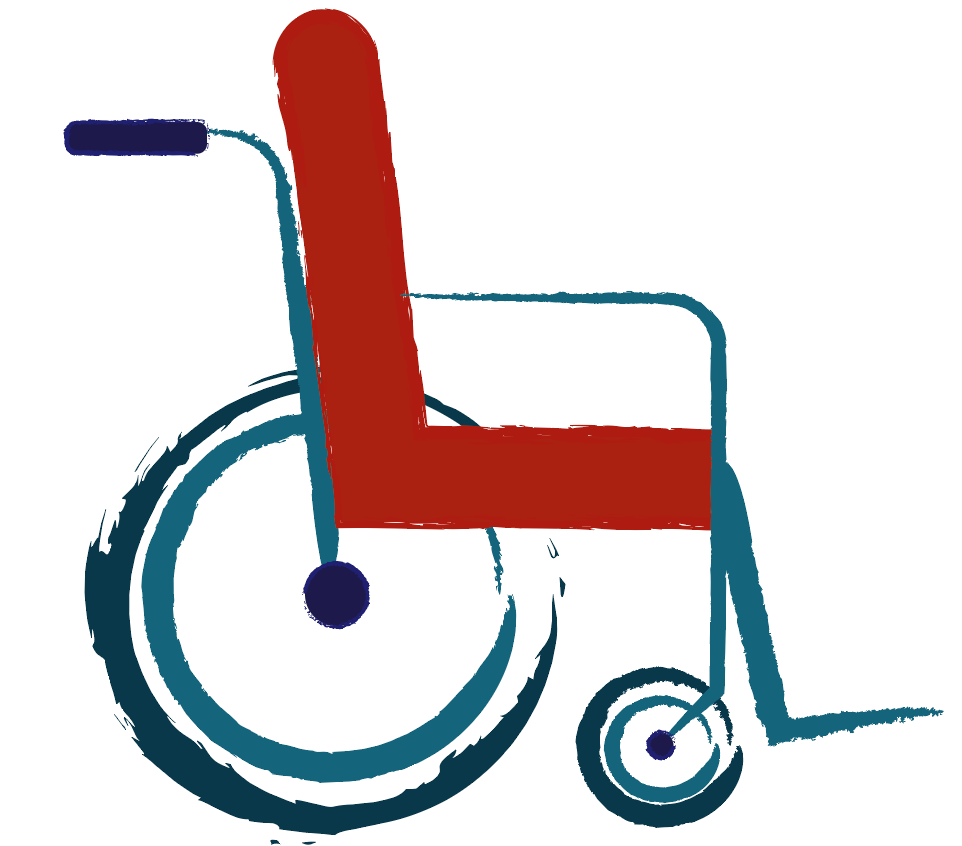Services
Home Occupational Therapy
The first step is to carry out an occupational therapy functional assessment in your own home to establish your needs, to look at how you currently manage and what could be improved to assist you to continue doing the activities of daily living that are important to you.
This assessment might focus on some or all of the areas listed below, depending on your particular requirements.
- Getting in and out of bed
- Getting dressed
- Showering, grooming, and looking after personal hygiene
- Preparing meals
- Cleaning
- Caring for others in the household
- Getting around both at home and within the community
- Driving
- Using public transport
- Self-care, such as getting to doctor appointments
- Enjoying hobbies, pastimes and leisure activities
Assessing these areas will allow me to understand your needs better and suggest techniques and strategies that will assist you to increase your confidence and independence at home and outside. I will also work with you to develop an individual rehabilitation plan based on your own independence goals.
Housing Adaptations and Accessibility Assessments
Sometimes it becomes necessary, due to illness or disability, to make alterations to your home or purchase an item of equipment to maintain and/or improve your ability to carry out normal activities of daily living.
I can carry out an assessment with you in your home environment to identify the most appropriate items of equipment and/or building adaptations to assist you to continue doing the activities of daily living that are important to you.
Following this assessment, I provide you with a detailed Occupational Therapy Housing Adaptation and Equipment Report with a recommendations section outlining immediate and long-term solutions to any occupational challenges identified.
If the equipment is recommended, I will provide you with some details that include the make, model, source or likely cost, when possible.
If a building adaptation is recommended, you can use this OT assessment report when applying to your County Council for the Housing Adaptation Grant for People with a Disability or the Mobility Aids Grant.
Rehabilitation at Home
Returning home from a long spell in hospital can prove challenging and difficult both physically and mentally. I can provide guidance and practical help including advice and help on engaging other services if needed, to clients, carers, families, and nursing homes. This will help you, your family, and carers to better understand your needs, reduce stress and anxiety, and make returning home easier and safer.
I can also provide advice on specialized seating, wheelchairs, and other items of assistive equipment.
|
Living with Dementia
If you are living with dementia or know
someone who has just been diagnosed with dementia, Occupational Therapy can
help.
An Occupational Therapist can assist individuals with dementia to live in their own homes safely for as long as possible through environmental evaluation and adaptations, coping strategies, wellness programs, such as falls prevention and caregiver educational sessions.
Your OT will focus on working with you to:
- Overcome the barriers that prevent you from doing what matters to you
- Use your strengths and abilities to stay active
- Adopt strategies and techniques to continue with daily occupations (activities)
- Make changes to make life easier and to live safely in your home
- Access your community, getting to the shops and local facilities
- Continue with valued roles
- And advising family and friends on how to support you to live well with dementia
Energy conservation and Fatigue management (including coping with ME/CFS)
Occupational Therapy provides practical support to enable people to facilitate recovery and overcome any barriers that prevent them from doing the activities (occupations) that matter to them. This can help you to increase your independence and satisfaction in all areas of life.
Occupational therapy can help you identify and implement strategies to cope with your breathlessness and fatigue in everyday tasks. This will assist you to improve your quality of life and maintain your independence.
I will provide you with advice and support on techniques and equipment that are specific to your preferences and needs.
Energy conservation is a means to:
- using your energy wisely.
- finding an easier way to carry out everyday tasks.
- getting the most activity done using the least amount of energy.
- giving you more energy for the activities which are important to you
Falls Risk Assessment and Risk Reduction
|
The fear of falling or an injury caused from a fall can keep us from doing the things we like to do. That is where Occupational Therapy comes in to assist you to safely do what is meaningful to you. I offer a falls risk reduction assessment service for people who have fallen, are at risk of falling or are fearful of falling. I can also work you after you have had a fall that has resulted in an injury that disrupts your ability and/or confidence to be involved in what you really want to do. I can support you to overcome both the physical and mental changes that make it harder to do things, by assisting you to improve your skills and abilities, like strength or balance or how we plan tasks, teaching you how to modify activities so you can do them safely, or by advising you how you could change the area or environment around you to reduce the risk of falls. Your home can be made safer by doing things like improving lighting and removing tripping hazards like clutter and electrical cords. |
|
|
Supporting people to move out of long-term institutional care (congregated settings) into their own homes in the community
Moving into a new home in the community can provide the opportunity to live a very different life with more independence, choice and control. However, this process can also be very daunting as well.
I can work alongside you to support you to make this move into a new home in the community by:
a) Gathering information from you and significant others about your occupational strengths and concerns, and how the physical and social environment can support or hinder your independence.
b) I then work with you to determine what occupations or activities of daily living you want to prioritise to enhance your independence and overall conference in your new home.
c) I observe and evaluate the quality of your occupational performance using one or more specialist occupational performance assessments - (i.e., Assessment of Motor and Process Skills evaluation, MOHO-ExpLOR, Pool Activity Level or individually focused observational assessment tools).
d) With you and those who support you I analyse how situational and occupational elements interact and may influence your occupational performance, occupational experience, and ability to participate in activities that you want to do, need to do, or would like to do.
e) I then assess your current and/or
proposed living accommodation (physical built environment) and/or local built
environment (i.e., to/from town, workplace, and recreational facilities).
Seating and Wheelchair Assessments
With so many different seats and wheelchairs on the market, it is important to get specialist and independent expert advice. This advice can assist you to choose the right product for your individual needs.
I provide flexible and cost-effective seating assessments that can assist you to choose a chair or wheelchair that allows you to be comfortable and supported, both at home and when out and about.
A seating or wheelchair assessment may involve looking at:
- Your current and likely future levels of mobility
- The implications of any current medical prognosis for your comfort and mobility
- Your home environment, including bathroom, kitchen, bedroom, stairs, and exterior access
- Your own, your family's or carer's specific wishes and goals
If required, I can also provide assistance with:
- Sourcing suppliers and quotations - to ensure we always offer competitively priced solutions
- Dealing with representatives who may need to visit your home to demonstrate a product or carry out a fitting assessment
- Setting up and training you or your carers in the safe use of wheelchair or seat
- Advising on any home adaptations to accommodate the equipment such as car ports, charging points or ramps.
Occupational Therapy Environmental Accessibility and Usability Assessments and Audits
|
1) Whole building/ Public Realm environmental accessibility and usability audits- Areas covered in the report include Car/Pedestrian Approach to building, Car Parking and Pathways, Ramps, Main and secondary entrances, Vertical movement and internal level change, Landing areas, Reception/Communal/waiting areas, Toilets/Bathrooms, Corridors, Therapeutic and sensory rooms, Lighting and sound considerations, Emergency Egress.
2) Individual specific environmental accessibility and usability assessment - this assessment is focussed on the individual’s occupational strengths and concerns, and the situational context of the their occupations either at home, accessing community resources or in their place of work. The areas covered in this assessment will be determined by what occupations the individual wants to prioritise for enhanced satisfaction with occupation and participation in society.
|
Other Occupational Therapy Assessments and Therapeutic Interventions
1) Self-Management Support with individuals who are moving into supported independent living.
2) Assessment of Motor and Process Skills – The Assessment of Motor and Process Skills (AMPS) is an observational assessment that measures the performance quality of tasks related to activities of daily living (ADL) in a natural environment. The AMPS is designed to examine interplay between the person, the ADL task, and the environment.
3) Assistive Technology - Using assistive technology to reduce risk factors to support individuals to remain independent with support (bed leaving alarms, falls and environmental monitors, kitchen and bathroom safety alarms, epilepsy alarms and GPS locator devices).
4) Dementia Care Mapping (DCM) – for individual people in a congregated care setting. DCM is an observational system of assessment for examining and recording components of quality of care and quality of life (QOL) of persons with dementia in congregate care settings.
5) Anxiety, Assertiveness and Self-esteem training - Individual or groupwork.
6) Reminiscence and Reality Orientation Therapy - are non-pharmacological interventions that can help to promote psychosocial benefits for people with dementia.
7) Fatigue Management – that incorporates ‘energy effectiveness’ techniques and ways to maximise one’s energy, as well as cognitive behavioural strategies and helpful ways of thinking about fatigue.












